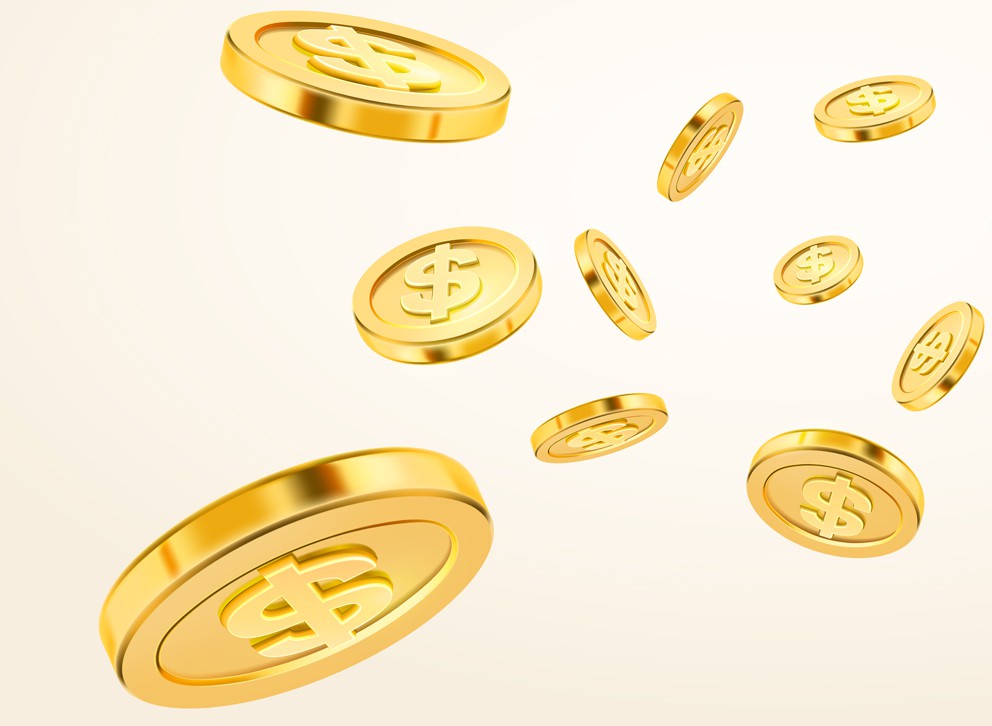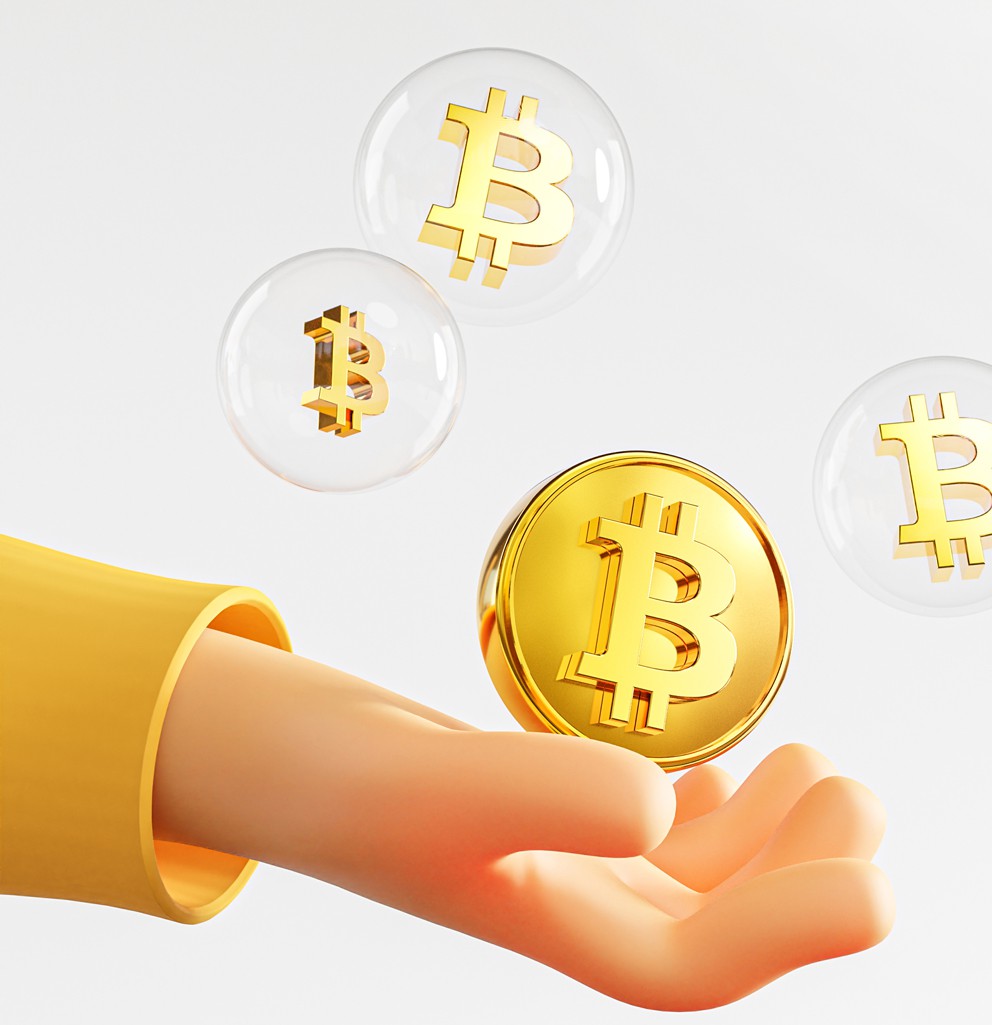
How to introduce DeFi to friends?
The decentralized nature of DeFi platforms and the financial innovation they support give value to this ecosystem.
DeFi protocols offer many practical use cases, from accessing financial services to providing decentralized lending, trading and investment opportunities.
Skeptics often dismiss decentralized finance (DeFi) because of its lack of intrinsic value, security risks, and unclear regulatory landscape.
This article will provide you with a simple five-step strategy for explaining to friends and family where the value of DeFi comes from and why it is so unique.
Struggling to convince your friends that DeFi is not a passing trend? Let us help.
When it comes to cryptocurrencies, DeFi can be a concept that is difficult for newcomers to understand. Maybe you’ve tried explaining it to a friend and had great results.
Perhaps, you have also been accused to your face of a massive Ponzi scheme or fraud. So, how do we help people understand why DeFi has such unique value?
It all boils down to an intuitive explanation, the decentralized nature of DeFi and the financial empowerment it brings. Consider this your guide to dispelling your friends’ DeFi concerns in five easy steps!
Why are people skeptical about DeFi?
In the eyes of fans, DeFi uses blockchain technology to revolutionize traditional financial services. However, many people are skeptical of DeFi, usually for one or more of the following reasons:
considered to lack intrinsic value. While DeFi protocols offer a range of financial services, some question whether they have intrinsic value compared to traditional centralized financial systems.
Skeptics believe that the value of DeFi comes entirely from speculative trading and liquidity mining, rather than basic economic principles.
Security Question. DeFi platforms run on blockchain networks and rely on smart contracts, which can easily have exploitable vulnerabilities or be attacked by hackers.
Skeptics worry about the security risks associated with DeFi as well as potential financial losses.
Regulation is unclear. DeFi operates outside the traditional financial system and often lacks a clear regulatory framework.
The lack of regulation has raised concerns about investor protection, potential fraud, and how DeFi fits into existing financial regulations.
Although DeFi has generated great enthusiasm and interest, it also faces significant challenges and problems.
These issues and challenges must be addressed before DeFi can fully become mainstream and become a reliable alternative to traditional finance (TradFi).
Where does the value of DeFi come from?
All of the above points are legitimate concerns. However, public perception of DeFi is often driven by a limited understanding of its potential and transformative power.
When hearing about decentralized lending platforms or liquidity mining strategies, it’s easy to miss the broader meaning behind DeFi.
Most importantly, DeFi enables:
Reimagining and democratizing financial services
Remove intermediaries
Improve accessibility
Achieving financial inclusion globally.
DeFi protocols also provide users with direct control over their funds, transparent and auditable transactions, and innovative financial management, lending, and investment opportunities.
We need to make this key point clear and help people understand the value of DeFi. What DeFi pursues is not all speculation, but redefining the financial system and giving individuals financial autonomy.
But how to explain safety issues?
While there are security risks in the DeFi space, it is important to highlight the progress the industry has made to address these challenges.
To protect users’ funds, many DeFi platforms undergo strict audits, implement various security measures, and offer multiple insurance options.
Additionally, DeFi’s open-source nature enables ongoing review and improvement of the protocol, increasing its resilience over time.
In addition, DeFi's composability and interoperability allow users to use multiple protocols and invest on multiple platforms to achieve the purpose of diversifying risks.
Conducting due diligence, utilizing best security practices, and choosing reputable DeFi projects can help users reduce potential risks.
What about regulation and user protection?
The regulatory landscape for DeFi is constantly changing, with different jurisdictions taking different approaches.
Although some countries have embraced DeFi and are actively developing regulatory frameworks in order to clarify the chaotic status quo and protect investors, many countries are still catching up.
It must be emphasized that DeFi is not inherently illegal or unregulated. Now, more and more DeFi projects and platforms are subject to supervision and compliance measures by regulatory agencies to ensure their compliance with legal and regulatory requirements. As the ecosystem continues to mature, we can expect a clearer regulatory framework and user protection measures to be established.
All in all, you need to understand the DeFi regulatory landscape in your jurisdiction. This is no different than when you use any other financial products and services.
How to reassure your friends in 5 steps
We’ve spelled out five key points that should dispel any doubts your friends may have about DeFi. With the following 5 steps, you should be able to explain where the value of DeFi lies.
Decentralized finance (DeFi) allows individuals to obtain financial services without going through an intermediary, giving them greater control over their assets and financial decisions.
DeFi protocols provide a wide range of financial services, including decentralized lending, borrowing, liquidity mining, and decentralized trading platforms. These services provide opportunities to manage money, invest and join the global financial system.
Transparent and immutable blockchain technology is the foundation of DeFi, which ensures the auditability of transactions and helps reduce the risk of fraud or manipulation.
DeFi platforms leverage decentralized networks to provide financial services to people around the world who do not have access to financial services, thereby achieving financial inclusion and economic empowerment.
DeFi’s composability and interoperability enable users to access a vast ecosystem of various protocols and projects. This means you can tailor your financial strategy to them and diversify your investments.
As long as you understand DeFi, everything will be solved
DeFi can be complex and overwhelming at first, but it has the potential to revolutionize traditional finance and empower individuals on a global scale. Its value lies in redefining the financial system, removing intermediaries, providing users with direct control and opportunities, etc. So, these points would be a good place to start when trying to help your friends understand why DeFi is so important.

